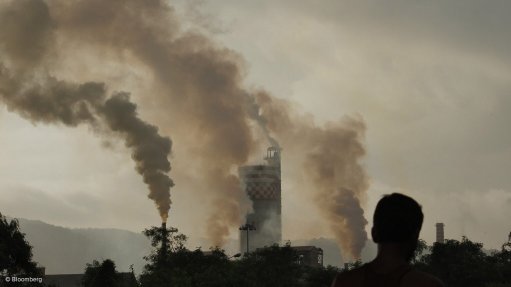
Photo by: Bloomberg
The United Nations (UN) Least Developed Countries (LDCs) collective has requested that industrialised nations provide detailed information about the finance they are willing to provide to aid vulnerable States in their adaptation to, and mitigation of, climate change.
This information should be provided to the UN Framework Convention on Climate Change (UNFCCC) at the nineteenth Conference of the Parties (COP19) , which is set to take place in Warsaw at the end of the year, the group said.
Speaking at the end of the international negotiations stage of the UN Climate Change Conference, in Bonn, Germany, on Friday, LDC chairperson Prakash Mathema added that greater financial transparency was needed for the implementation of real climate-change mitigation.
“We call for each industrialised country to provide information on the levels of finance they have provided to developing countries in 2013, as well as how much they plan to contribute in future years,” he commented.
The group emphasised that information should specifically include allocations for adaptation, along with a breakdown of what portion of this finance was exclusively allocated to the LDCs.
Mathema commented that, while, the LDC group “appreciated” the substantial contributions made by Annex 1 parties, or industrialised States, towards supporting adaptation in the developing States, there remained considerable uncertainty about the source, and extent, of future funding.
He further lamented the failure of parties to launch negotiations under the conference’s thirty-eighth session of the Subsidiary Body for Implementation (SBI 38), which ended on Friday.
“This is of grave concern to us, as issues of implementation are key for the LDCs. We do not expect this to happen again at COP19, as communities around the world have high expectations that we, as climate ambassadors, will take some bold decisions to protect humanity from the adverse impacts of climate change. To implement such decisions, financial support is key,” he stressed.